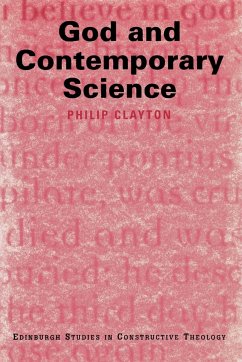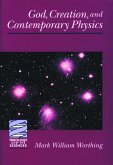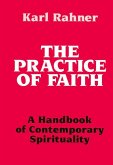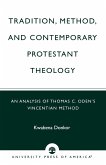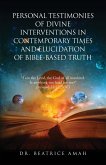It is widely believed that contemporary science has ruled out divine action in the world. Arguing that theology can and must respond to this challenge, Philip Clayton surveys the available biblical and philosophical resources. Recent work in cosmology, quantum physics, and the brain sciences offers exciting new openings for a theology of divine action. If Christian theism is to make use of these opportunities, says Clayton, it must place a greater stress on divine immanence. In response to this challenge, Clayton defends the doctrine of panentheism, the view that the world is in some sense "within" God although God also transcends the world. God and Contemporary Science offers the first book-length defense of panentheism as a viable option within traditional Christian theology. Clayton first defends a "postfoundationalist" model of theology that is concerned more with the coherence of Christian belief than with rational obligation or proof. He makes the case that the Old and New Testament theologies do not stand opposed to panentheism but actually support it at a number of points. He then outlines the philosophical strengths of a panentheistic view of God's relation to the world and God's activity in the world. The remainder of the book applies this theological position to recent scientific developments: theories of the origin of the universe; quantum mechanics, or the physics of the very small; the debate about miracles; and neuroscientific theories of human thought.
Hinweis: Dieser Artikel kann nur an eine deutsche Lieferadresse ausgeliefert werden.
Hinweis: Dieser Artikel kann nur an eine deutsche Lieferadresse ausgeliefert werden.

